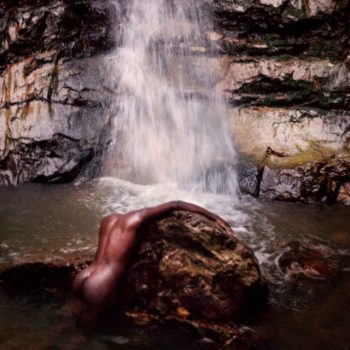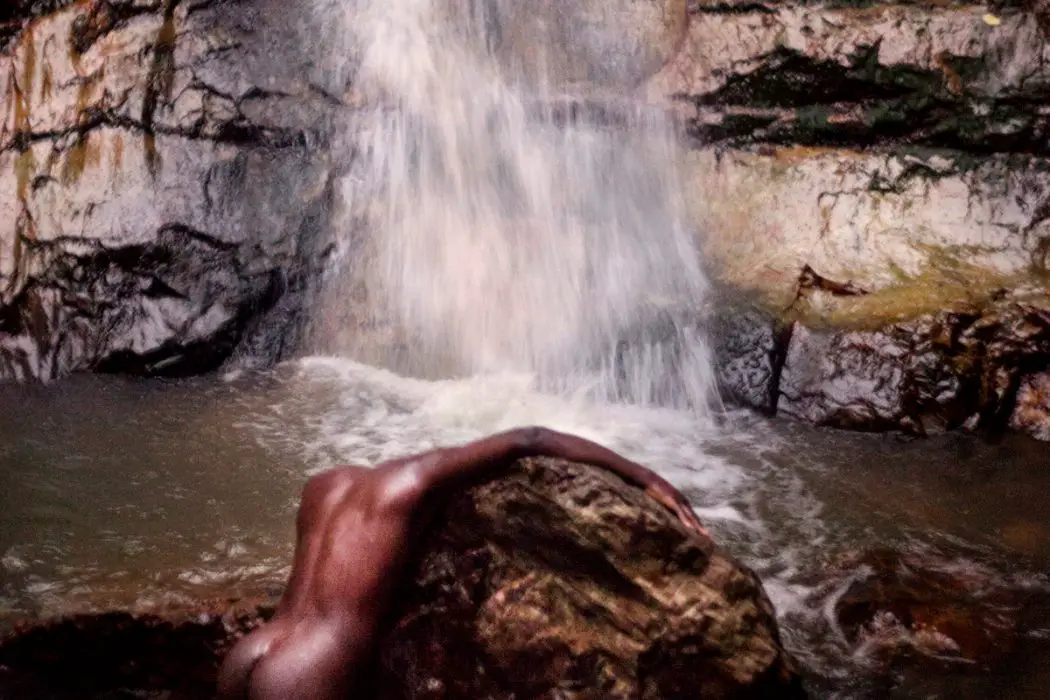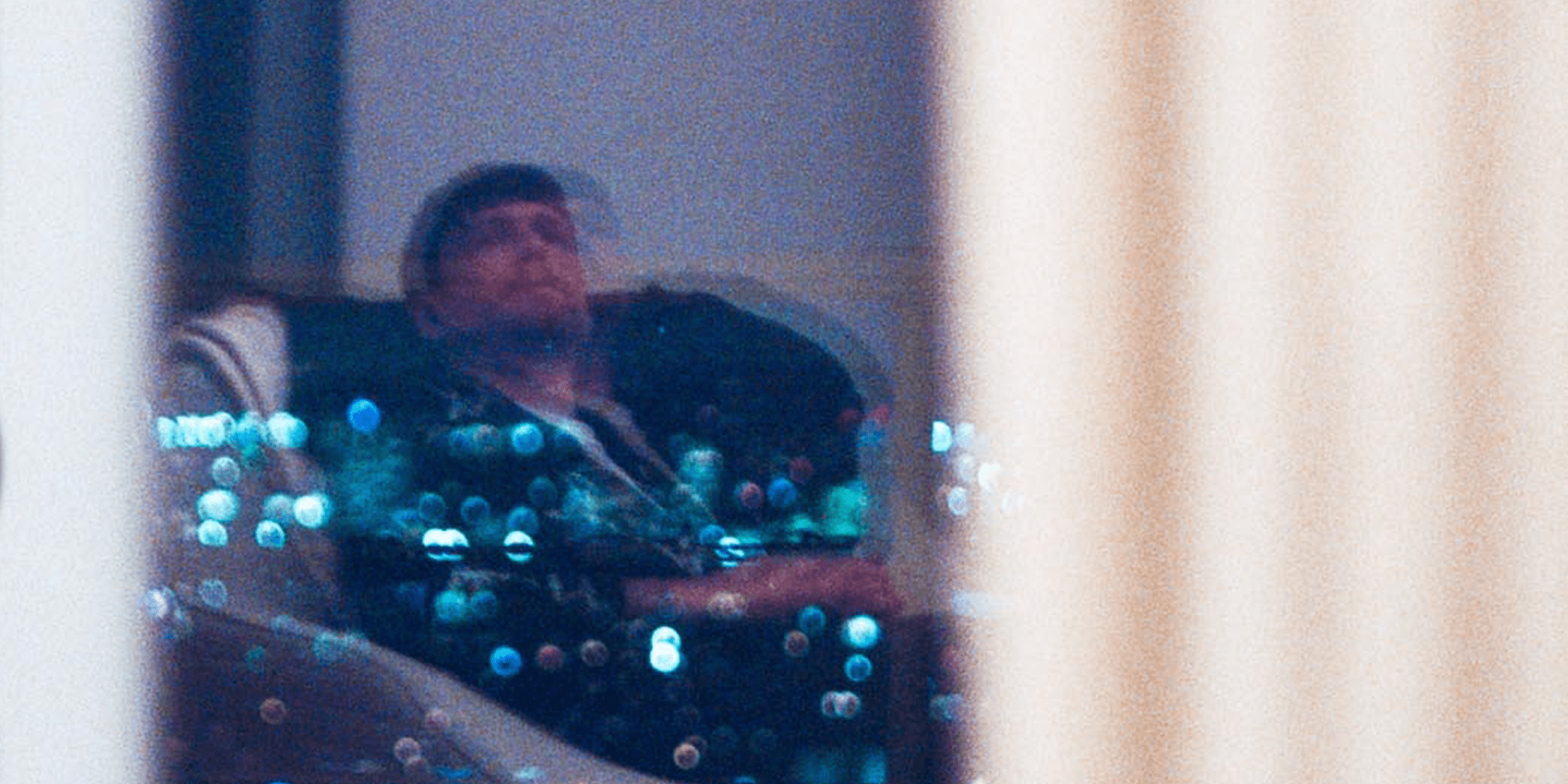Moses Sumney’s double album ‘græ’ is a sophomore triumph.
— —
People keep trying to define Moses Sumney.
With the release of Aromanticism in 2017, he was claimed as an alternative R&B artist, a jazz-adjacent artist, an indie neo-soul artist, the man who sang the cheeky lyrics, “I don’t want to go to bed with you, I just want to make out in my car.” But Sumney has never tried to define himself, and his music almost seems to be consciously asking the listener not to. But because we’re human beings, we love categorization. It makes us feel comfortable. With græ (out in full May 15, 2020 via Jagjaguwar), Moses Sumney has further broken the box, putting himself firmly in a genre that can only be described as “experimental” – and even that feels too prescriptive.
Listen: græ – Moses Sumney
In an odd way, the ambitious double album, quite frankly, sounds anything but ambitious.
The album sounds natural and organic, as though it simply bloomed out of Sumney’s brain fully formed. His voice is effortlessly affecting, and he writes with the poise of a poet. Though Sumney himself has said he was “indulgent” with the album, it doesn’t carry with it the negative connotations often attached to the phrase “self-indulgent.” It’s a garden of swirling sound, awash in blues and grays and bright pops of cotton candy color — and best of all, it knows when to pull back.

Though it may sound deceptively so at times, it is not a comfortable album. Its first half, which was available in February, begins with “insula,” where writer Taiye Selasi repeats the words: “Isolation comes from insula which means island.” It’s an album about isolation, yes – but not necessarily in the way we’re experiencing it now. In his interview with Rolling Stone, Sumney said of quarantine, “It’s not terribly different from my regular life.” It’s also an album about binaries and breaking them, the way we’re forced into them, about sitting with your own multiplicities, and how isolating that practice can be. The album is full of these examinations of duality, from Jill Scott’s guest appearance on “jill/jack,” to the “Neither/Nor,” to writer Taiye Selasi’s words on “also also also and and and”:
I insist upon my right to be multiple
Even more so, I insist upon
The recognition of my multiplicity
Sonically, the album is also one of push and pull. It covers genres you can name, and ones you can’t, from maximalist harmonies to the most quiet of falsetto cracks. The album’s second half sits in subtle contrast to its first. The songs are more subdued, more intimate – except for the penultimate song “Bless Me,” which builds like a gospel song and feels like a pop song. Much of part two seems to be Sumney speaking to himself in isolation, on songs like “Me In 20 Years” and “Bystander.”
Don’t waste your candor
On bystanders
They’ll watch you waste, waste, waste, waste away
Is he talking about the listener? Are we watching him waste away? “What’s the use of confessing the truth / to an executioner in a booth / about the dueling forces of you?” he sings on the standout track “Bystander.”
Like Aromanticism, græ feels intensely personal – but it’s also an album that implicates and invites the listener into its world of isolation and questioning.
On the album’s final song, “before you go,” are the words, “A lot of creation stories begin with separation.” græ is a creation story. It’s a staggering achievement for an artist who’s only on his sophomore album, and it’s a work of true artistry. It’s subtle and it’s not, it’s loud and it’s quiet, it’s striking and graceful, it is everything in between. It is somewhere in the gray of things.
— —
:: stream/purchase græ here ::
— — — —

Connect to Moses Sumney on
Facebook, Twitter, Instagram
Discover new music on Atwood Magazine
? © Alexander Black
græ
an album by Moses Sumney








